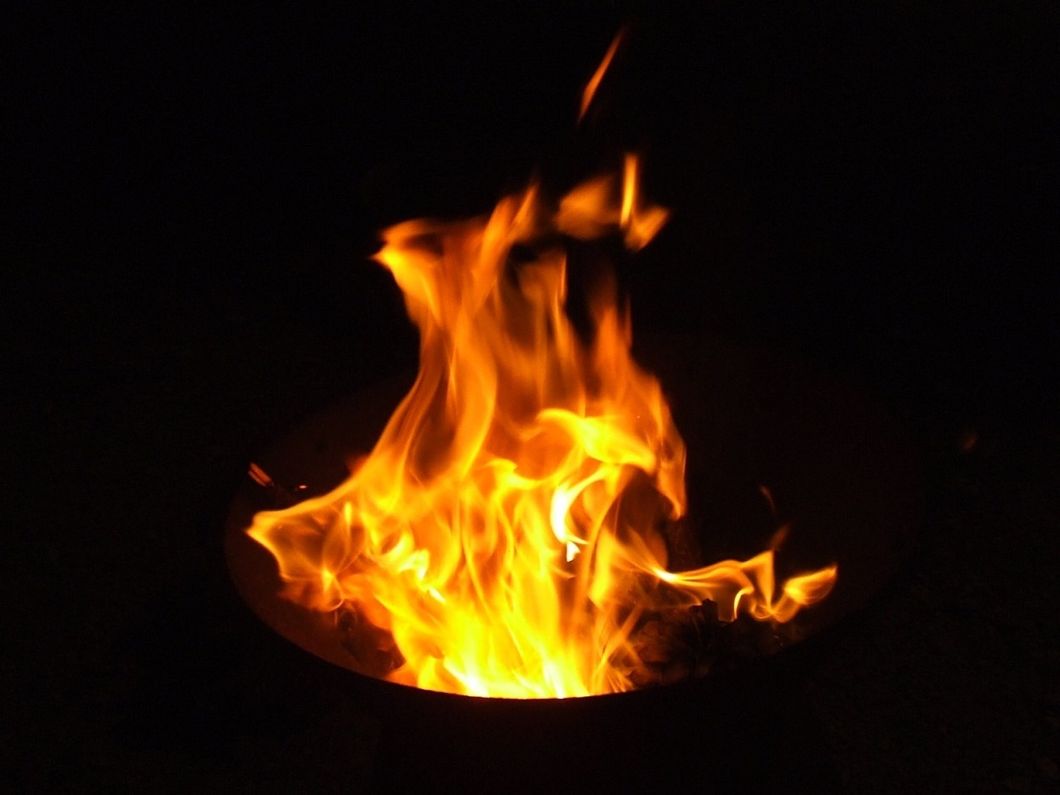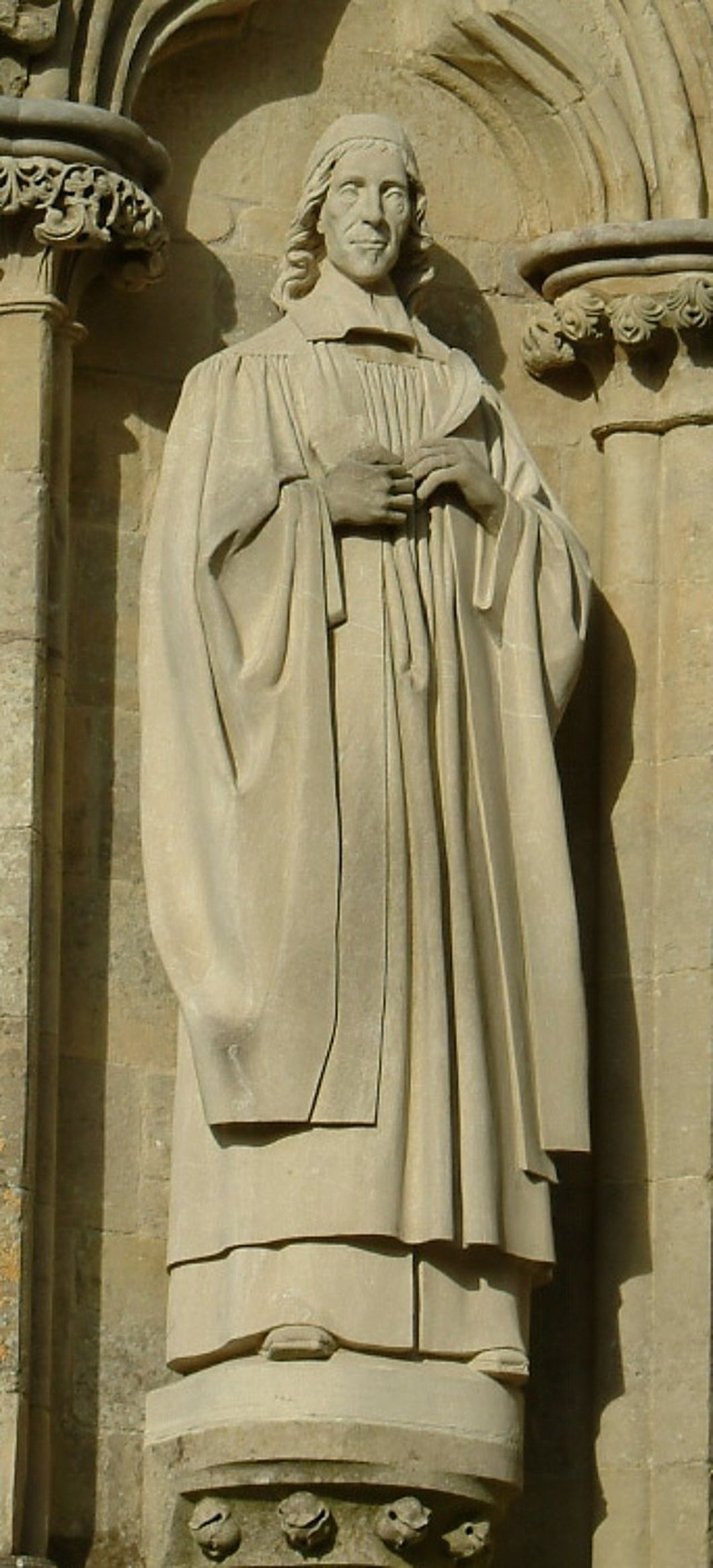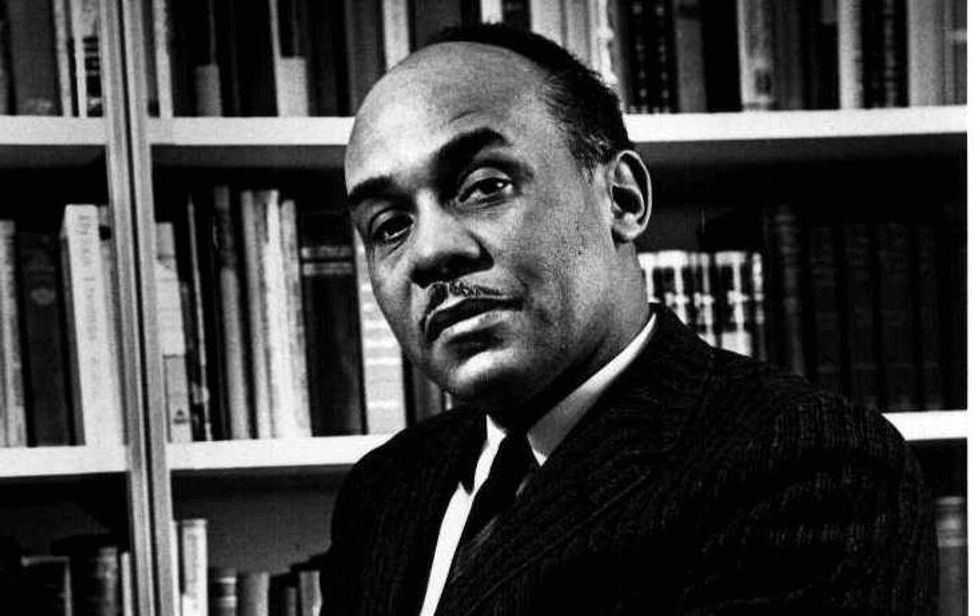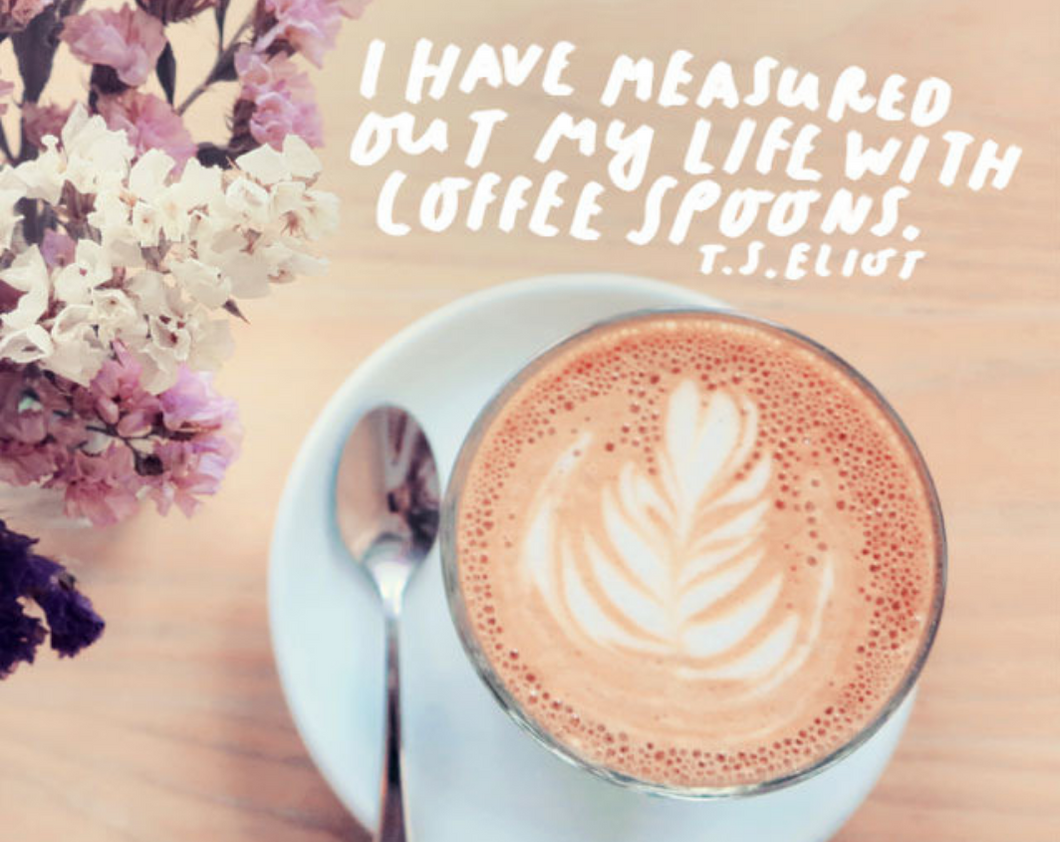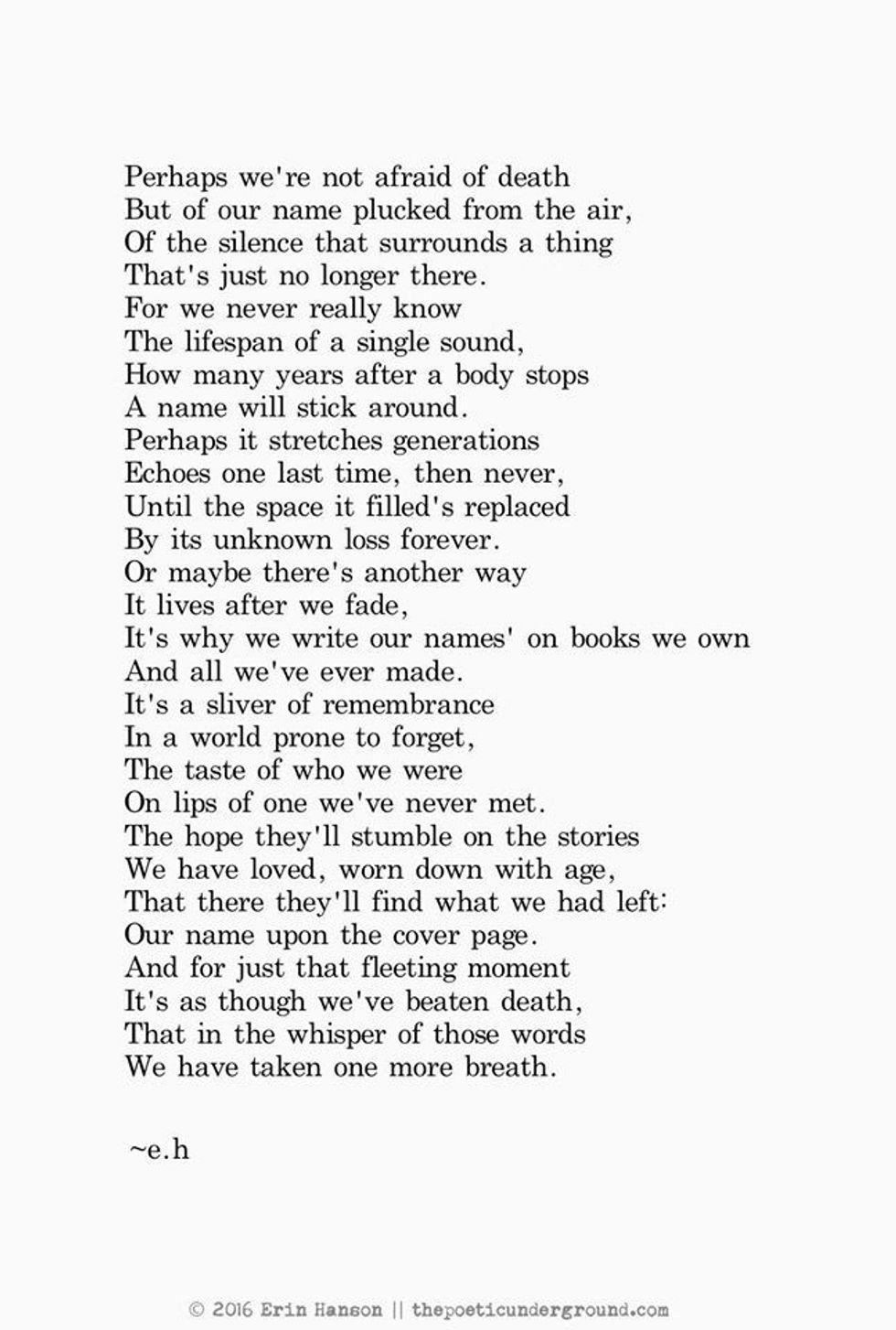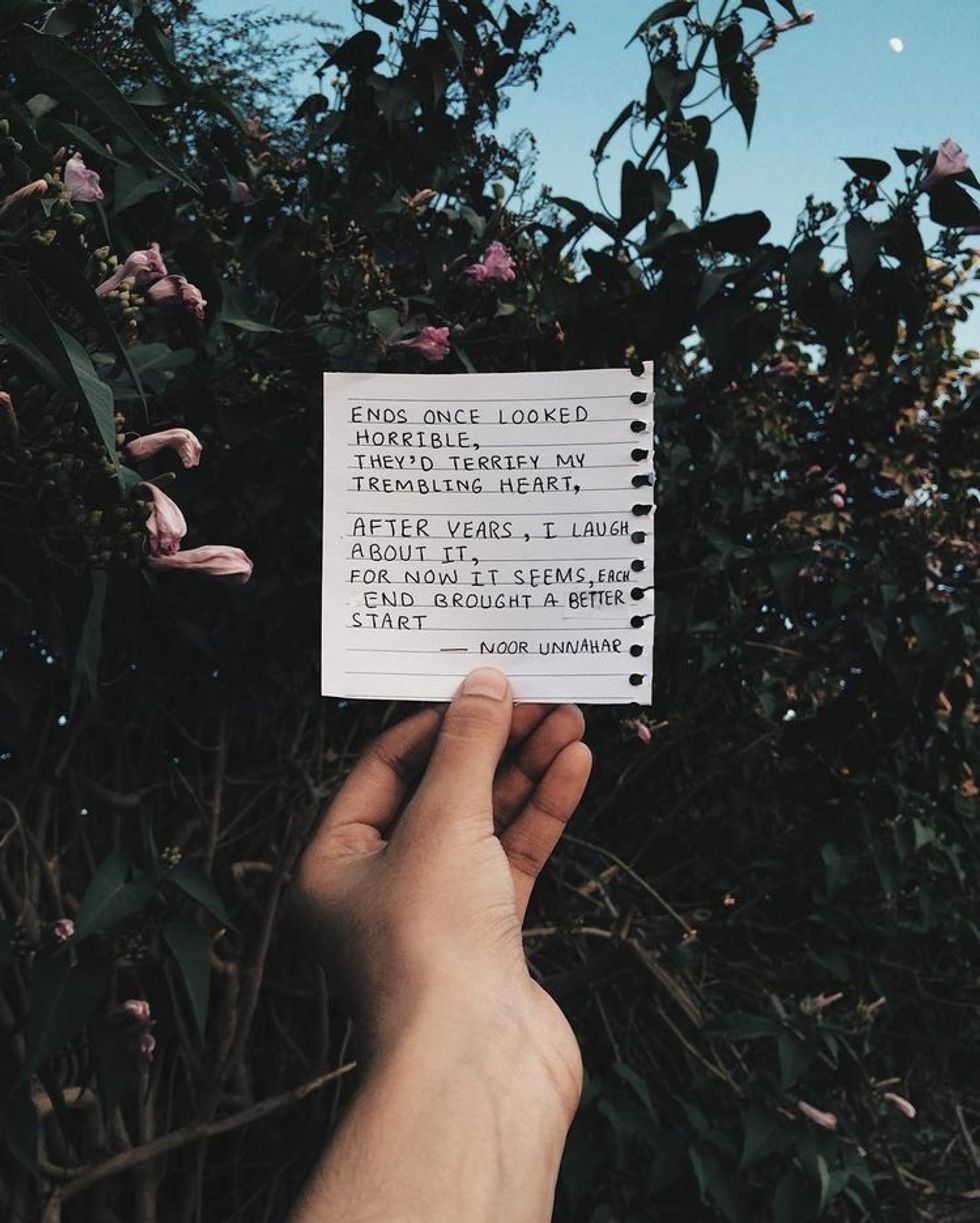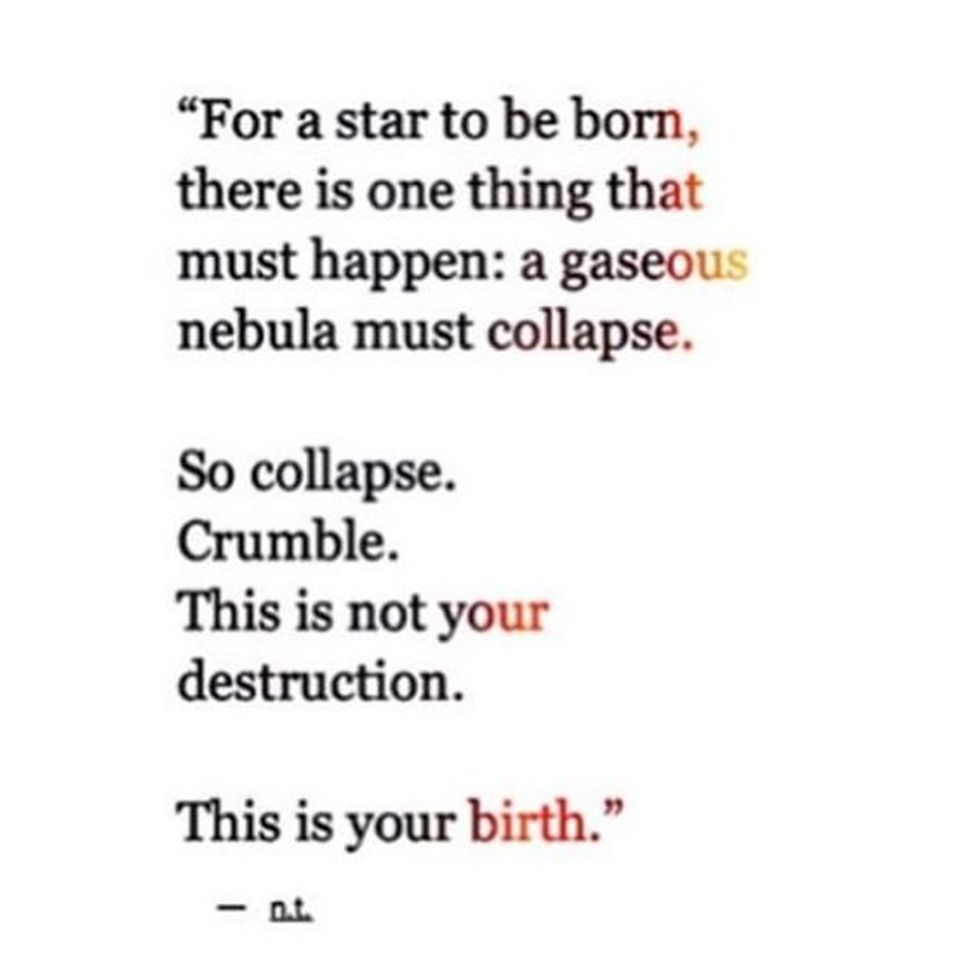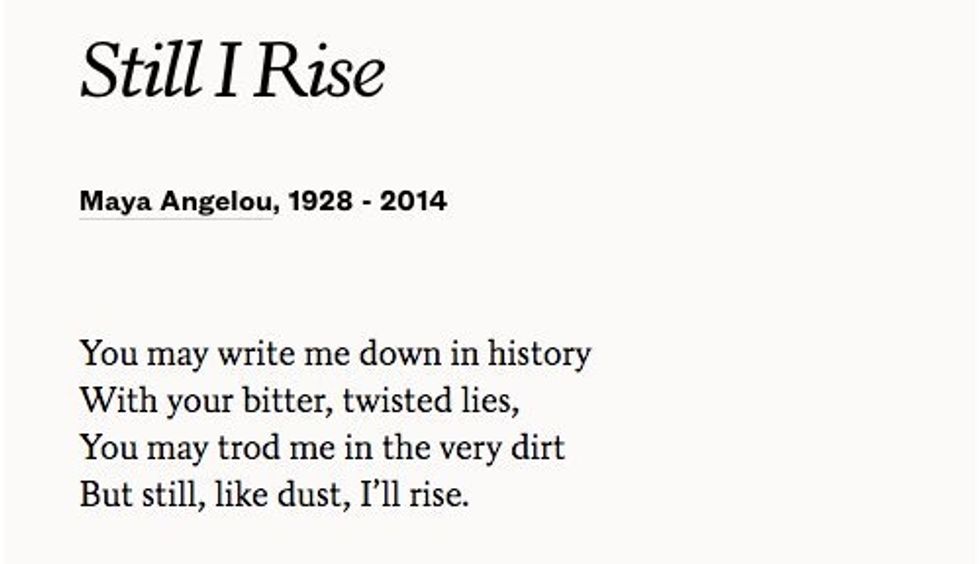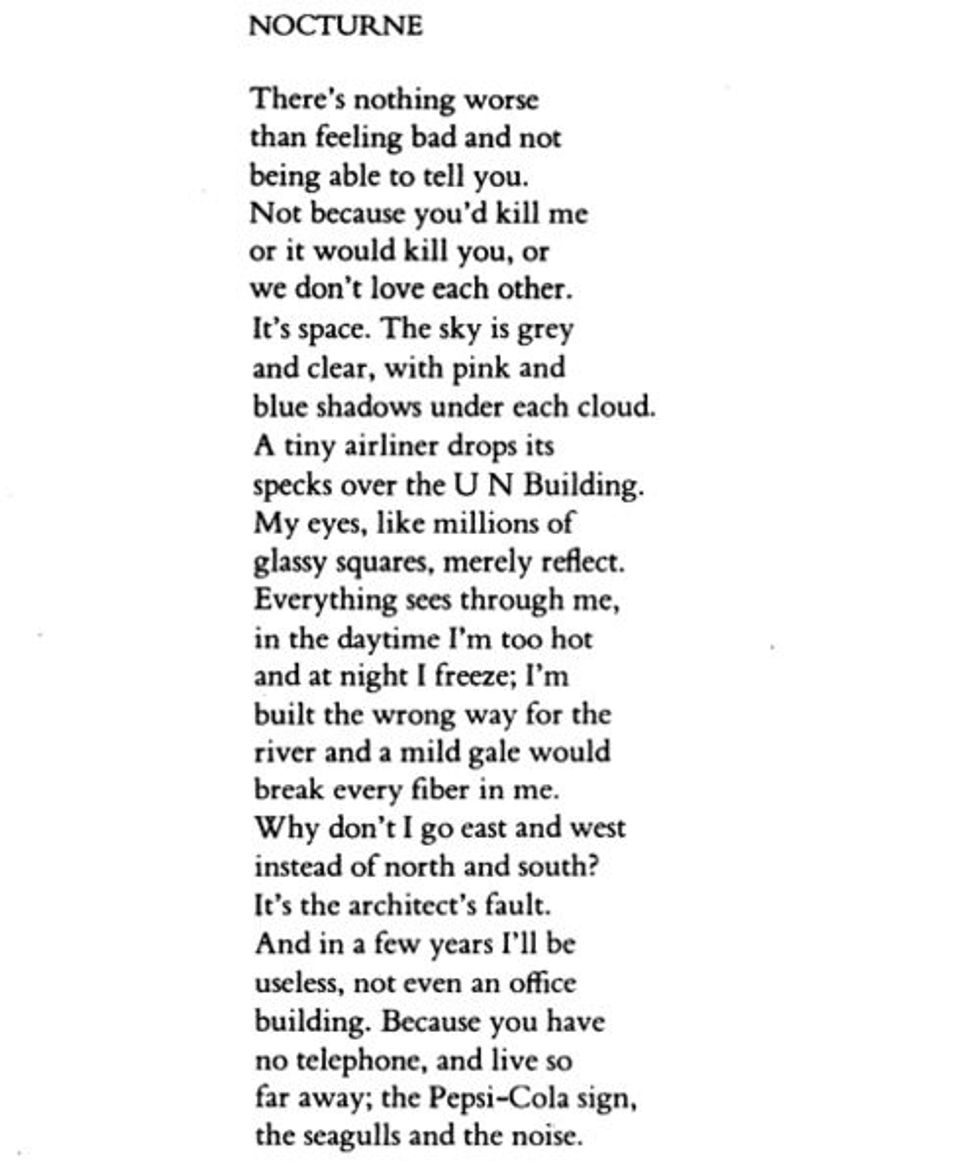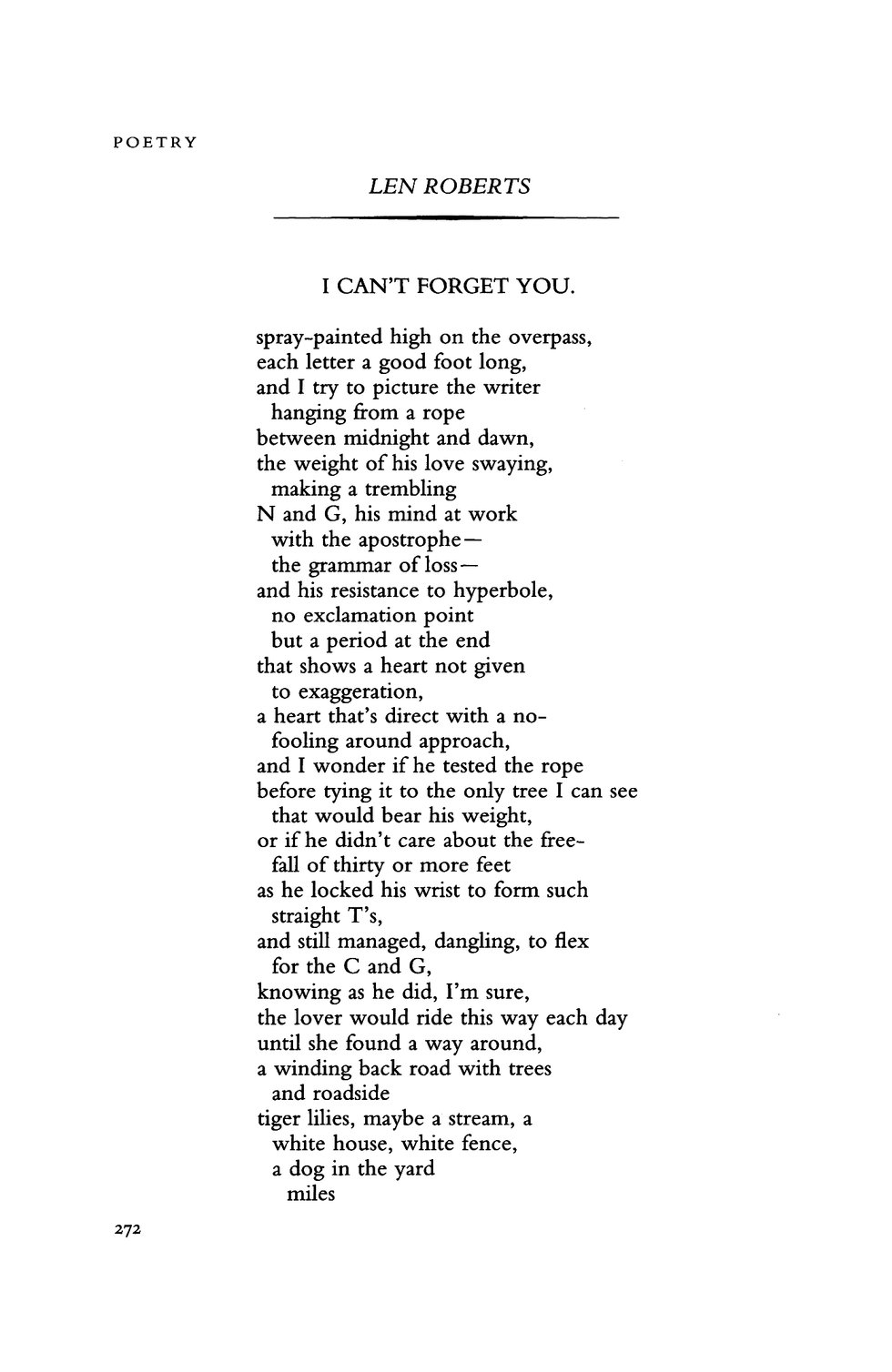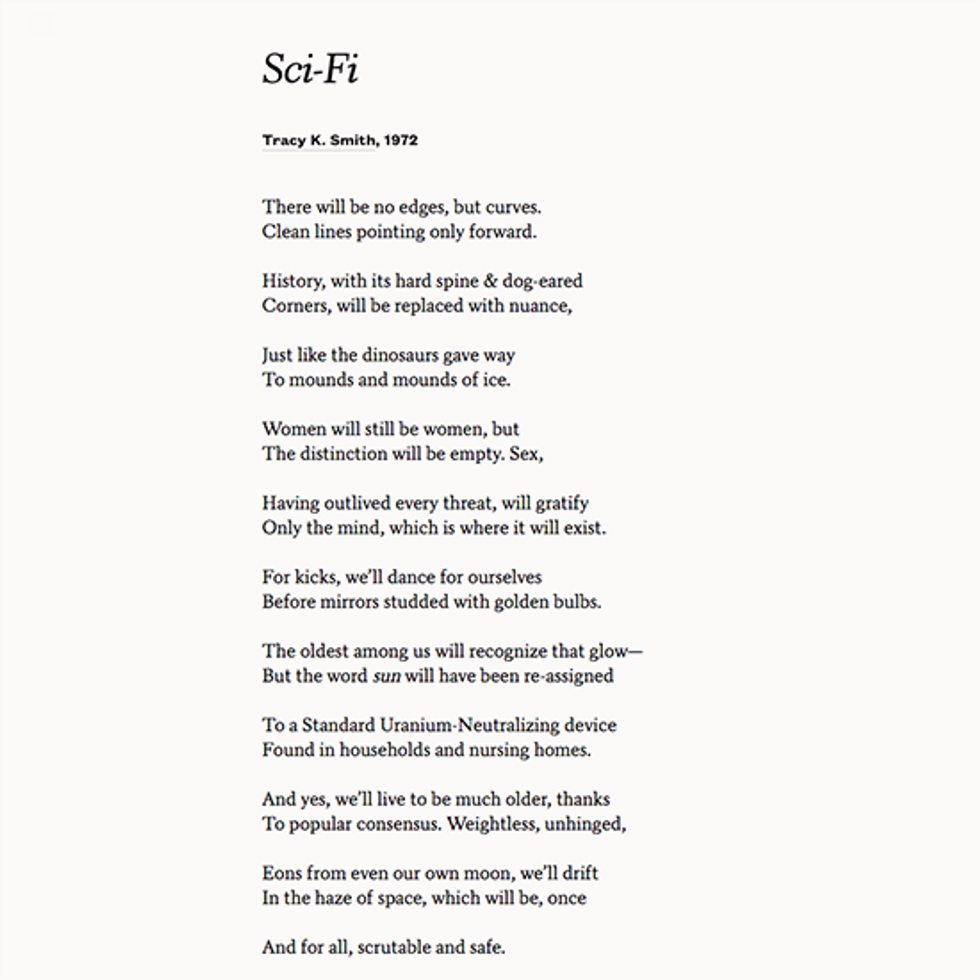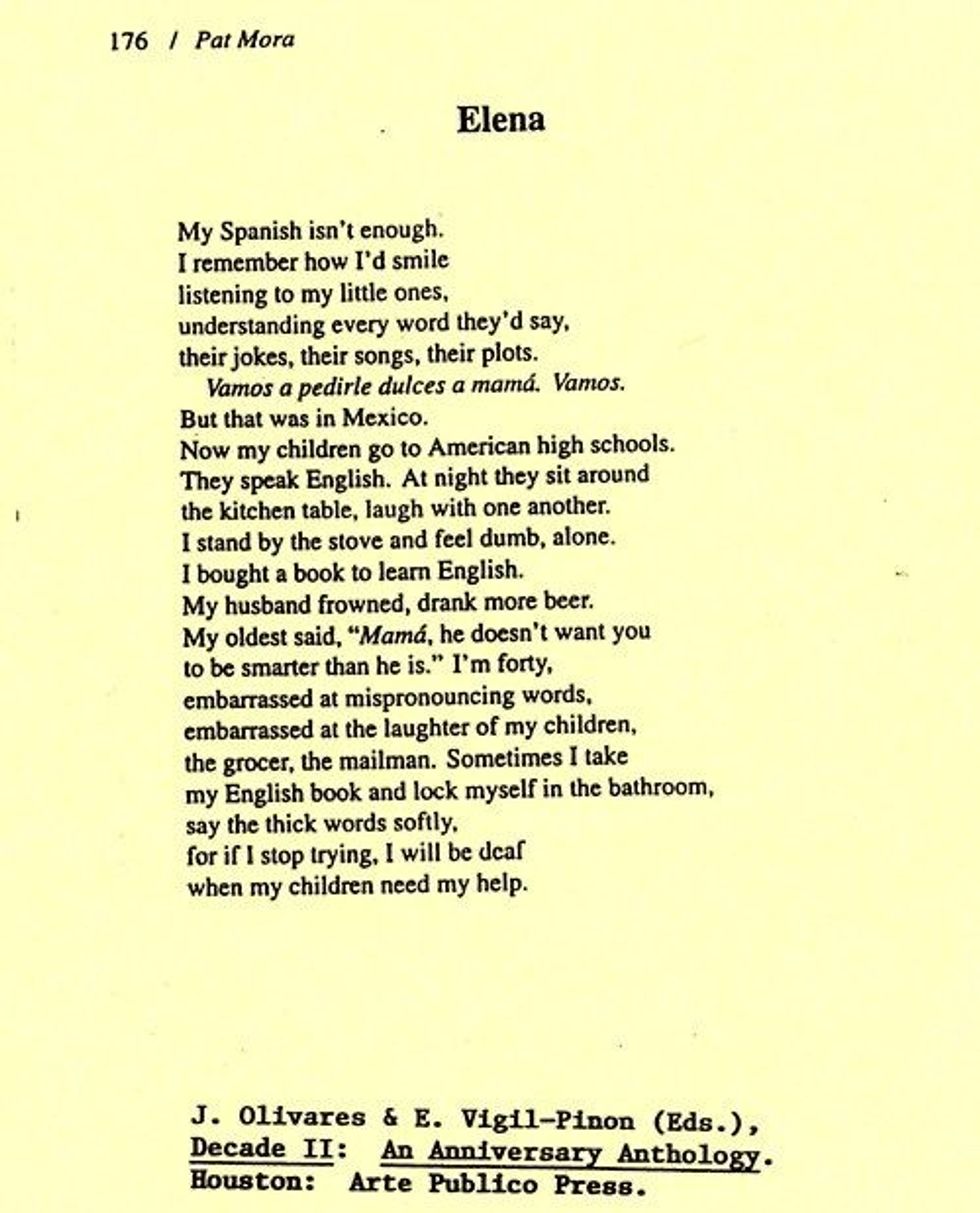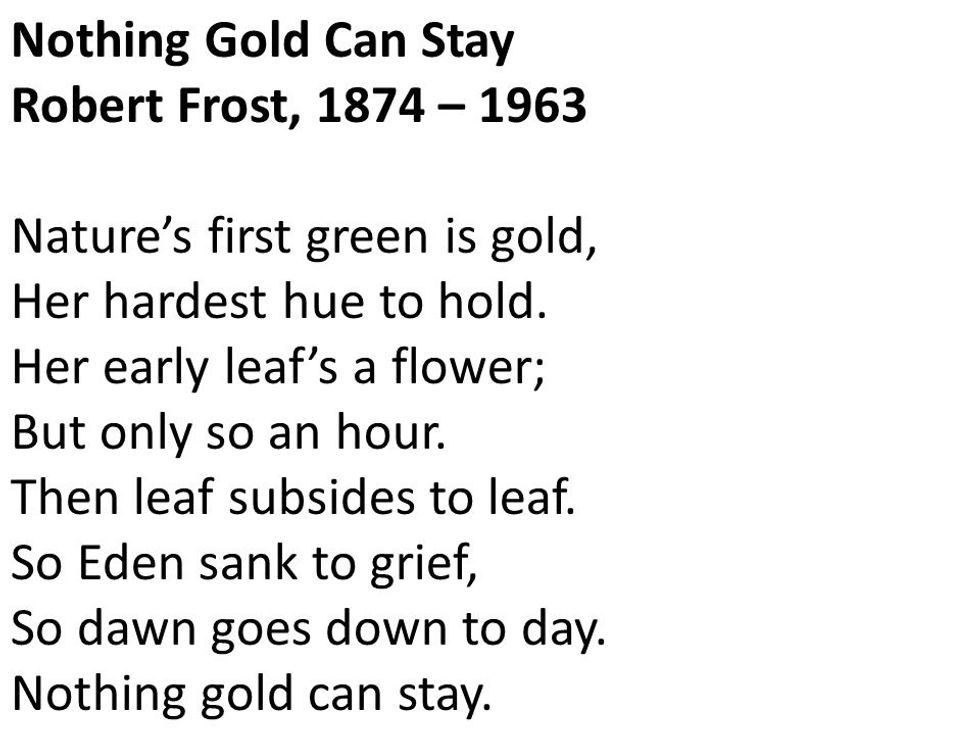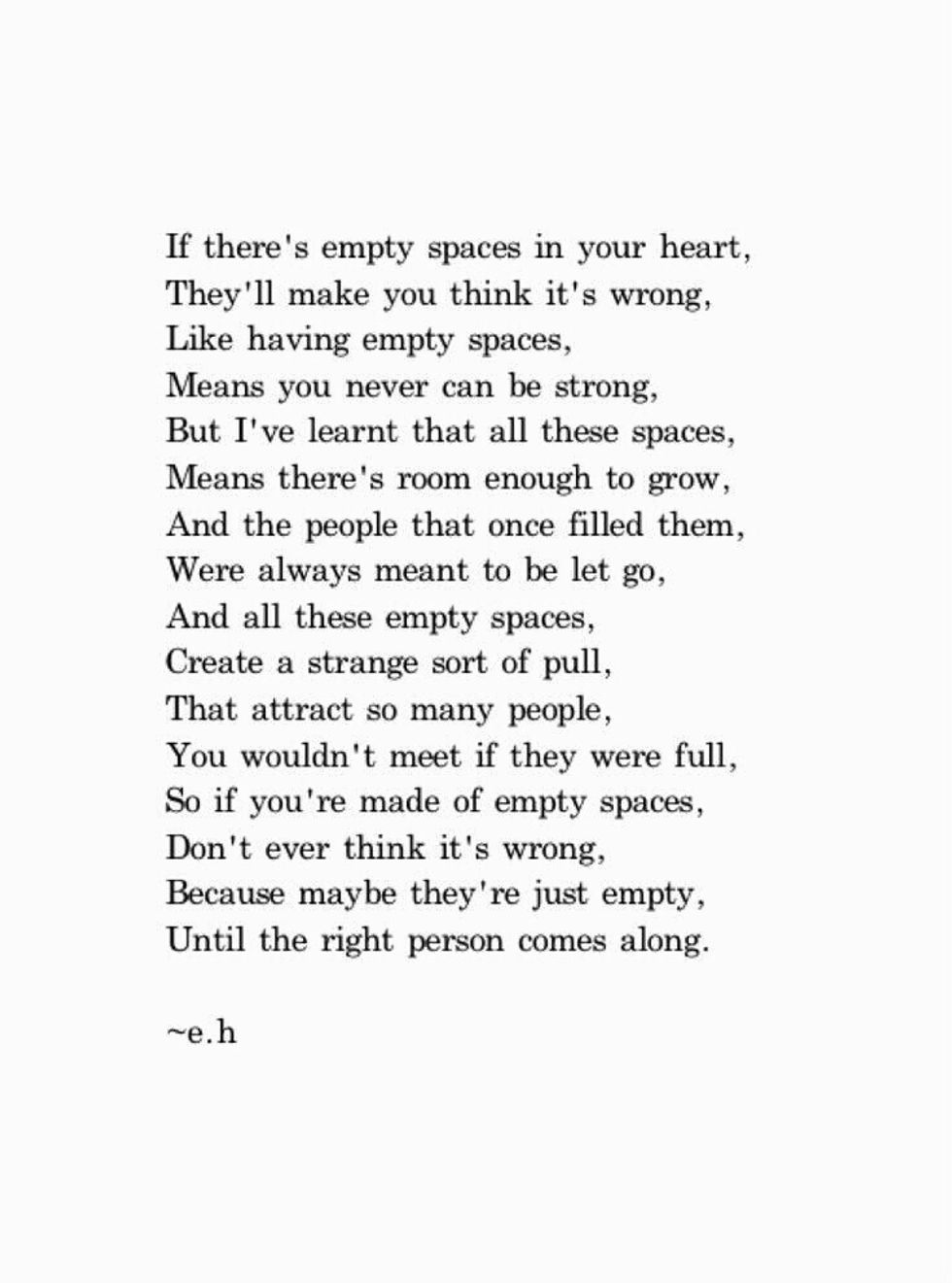A Homage To Stravinsky, Eliot, And The Fire of Beauty And Pain
Igor Stravinsky wrote a short choral setting of part of T.S. Eliot's poem "Little Gidding", and it's certainly "intolerable", but not more than it's also a hymn to "Love".
It would be kind of impossible to effectively study modern music without discussing Stravinsky's "The Rite of Spring", which to my mind is marked by both great devastation and great beauty. I think that the same could probably be said for the study of modern poetry and T.S. Eliot's "The Waste Land". One thing that has long preoccupied people studying Eliot (and this might be their foremost preoccupation) is the shift in Eliot's poetry from the explicit jazz-like fragmentation of works like "The Waste Land" to the more lyrical style of works like "Ash-Wednesday" and "Four Quartets" (a series of which "Little Gidding" is the last). This dichotomy can be handily interpreted as corresponding to Eliot's 1927 conversion to Anglo-Catholicism and the before and after it signaled. This break, however, is a bit of an artificial one, as Eliot himself would have pointed out; he saw only natural progression in his poetry. I think that it can be sustained that Eliot's poetry might be described (and this is, of course, reductive) as a horrified reaction to the brutality and emptiness of modern life coupled with a desperate desire for meaning. "Four Quartets", in its own way, describes the dizzying world of destruction so readily perceived when people read "The Waste Land". Its specific religious orientation is a way of highlighting hope (or the presence of the possibility of hope) in this world which threatens despair, and it highlights the hope without negating the presence of the evil. (In a similar vein, Eliot's play "Murder in the Cathedral" has some real bone-chilling passages about the futility of life and the destruction present in it, even as the characters who proclaim that seamlessly shift to the glorification of God.) Eliot felt that blasphemy is a sign of faith in God, rather than lack thereof, and he seems to have actualized this view in the haunting simultaneous presence of evil and of (the suggestion of) its eradication in his works. "The Rite of Spring" tells the horrifying story of human sacrifice as a homage to spring; when you listen to it, you get a clear sense of the horror, but I think that what holds the piece together is its lyrical appreciation of the real beauty of spring. In that sense, Stravinsky recognizes why the spring would so captivate people that they would want to honor it with such barbarism, and recognizing the beauty in that is only a matter of opening up one's mind to it.
Now, as for the setting of Eliot's text by Stravinsky: here are the words, typically seen as mixing Pentecostal imagery of fire with imagery of the fire of Purgatory (and of Hell?), all funneled through the prism of the Blitz:
"The dove descending breaks the air
With flame of incandescent terror
Of which the tongues declare
The one discharge from sin and error.
The only hope, or else despair
Lies in the choice of pyre or pyre—
To be redeemed from fire by fire.
Who then devised the torment? Love.
Love is the unfamiliar Name
Behind the hands that wove
The intolerable shirt of flame
Which human power cannot remove.
We only live, only suspire
Consumed by either fire or fire."
This beautiful, hymn-like piece of poetry is given a markedly brutal rendering in Stravinsky's setting. Stravinsky brings out the irony in Eliot poetry that it is "Love" whose hand is behind our current "intolerable" agony. The emphasis on its intolerability is the genius behind this piece of art. Stravinsky lets the beauty come through in the enjoyable rhythms of his piece, letting the music lover rejoice in the loveliness of his innovation, but his dissonance is a wholesale surrender to the evocation of monstrosity. This idea, that all of the pain of our lives is received at the loving hand of God, is a very heavy one, and it is the rock, in a sense, of the center of very thorough theism (think of theodicy) or very acute atheism (think of the problem of evil). The profundity of this horrifying hymn is the kind of level to which art should aspire; otherwise, art makes itself shallow and thus, when all is said and done, rejects the name of art.
Eliot was a believer who avoided despair because, though he recognized evil, he also believed in Love. For some people that might not be quite as possible. As Lent, after all, now happens to be happening, the baffling coexistence of "Love" and "the intolerable shirt of flame" is, we might suppose, as great a starting point for the profundity of reflection as any.

